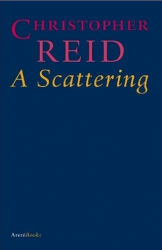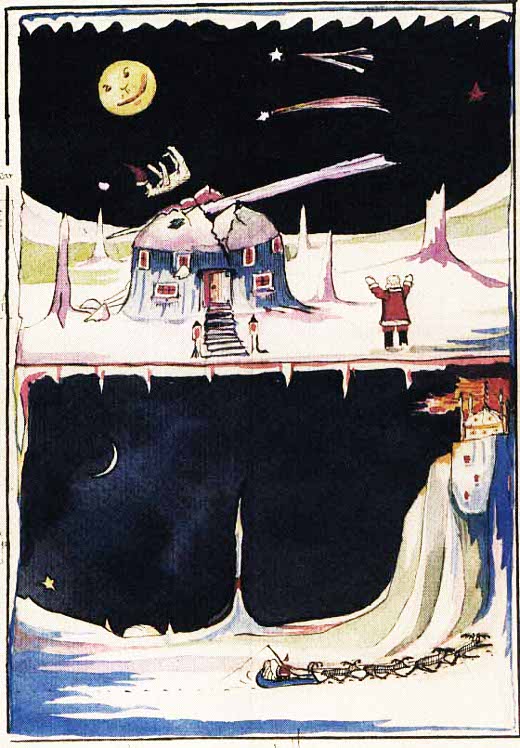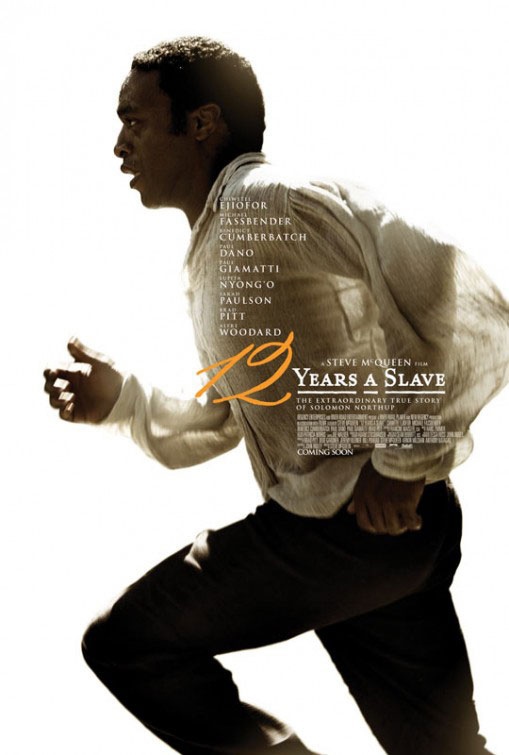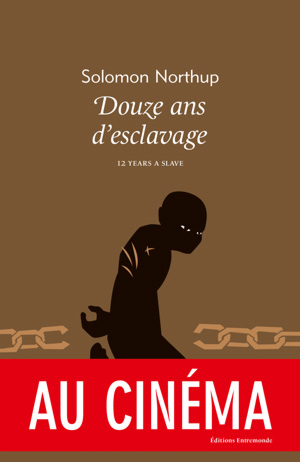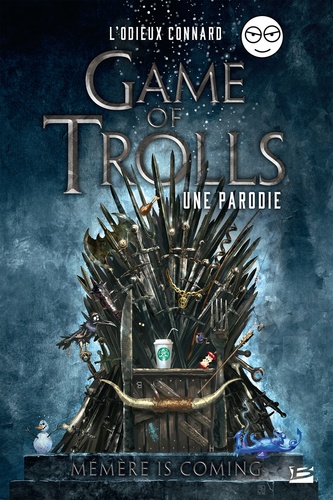A year of biblical womanhood
Rédacteurs
Dossiers

Game of Thrones, des livres de George R.R. Martin à la série HBO
Né en 1948 aux États-Unis, George R.R. Martin écrit au départ pour créer de nouvelles histoires mettant en scène les super-héros Marvel, puis pour tuer le temps, alors qu'il peine à trouver un emploi dans le secteur du journalisme. Petit à petit, il devient un auteur confirmé de nouvelles de science-fiction. Après avoir commencé une carrière comme scénariste de séries télévisées, il commence, au début des années 1990, à rédiger une saga de type fantasy, intitulée A Song of Ice and Fire et traduite en français sous le titre Le Trône de Fer.

Le trône de fer : les livres de la saga A Song of Ice and Fire de George RR Martin
Le trône de fer est une immense saga d’héroïque fantasy qui s’inspire de la série des Rois maudits de Maurice Druon. C’est au début des années 1990 que Georges R.R. Martin commence à écrire Le trône de fer, le premier volume est publié en 1996. En 2007, la chaine de télévision HBO acquiert les droits d’adaptations. L’auteur lui-même participe à sa production et écrit le scénario d’un épisode par saison.

L'attractivité des librairies, malgré Amazon ou Netflix
Blâmons internet, blâmons les GAFA, blâmons le commerce du livre d’occasion… il n’empêche que les librairies demeurent, et parviennent à tirer leur épingle du jeu. Si les Français sont accusés de moins lire, comment les libraires parviennent-ils à capter l’attention du public, et inciter à franchir le pas de leur établissement ?

Team AlexandriZ : pirates de livres ou distributeurs de savoir ?
La Team était spécialisée dans la diffusion d’ebooks, spécifiquement de romans transformés en version numérique. L’une de leurs grandes marottes était d’ailleurs de procéder à la numérisation d’ouvrages que les éditeurs ne commercialisaient pas en format ebook. Mais ils étaient aussi qualifiés, en regard du Code de la propriété intellectuelle, de pirates.

Les 5 Terres : une saga médiévale où règnent les animaux
Cinq continents abritent les peuples qui occupent Les 5 Terres : autant d’espèces dont les luttes de pouvoir ont forgé les relations. Félins, reptiles, herbivores, primates ainsi qu’ours et loups, qui se partagent un territoire, chacun a affiné avec le temps des savoir-faire. Leurs terres, reflets de leurs coutumes autant que de leur passé, font cohabiter les êtres… mais n’enfouissent pas les rivalités.

Courir ou mourir : Le Labyrinthe, la saga de James Dashner
Depuis la publication du premier livre en 2009, la saga Le Labyrinthe (titre original : The Maze Runner), écrite par James Dashner, a marqué une génération d'adolescents et jeunes adultes par son intrigue captivante, ses personnages attachants et sa représentation métaphorique des défis de l'adolescence. Cette saga dystopique a séduit des millions de lecteurs à travers le monde et a inspiré une série de films à succès.
Extraits

Science-fiction
Biblical
01/2017
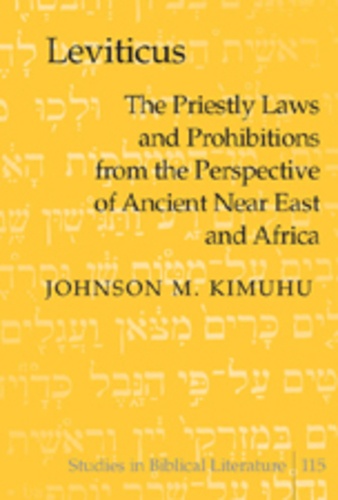
Religion
Leviticus
02/2008
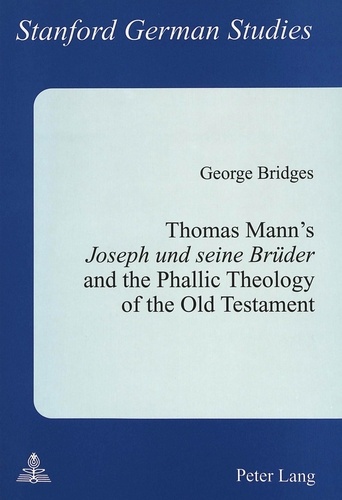
Non classé
Thomas Mann's «Joseph und seine Brüder» and the Phallic Theology of the Old Testament
09/1995
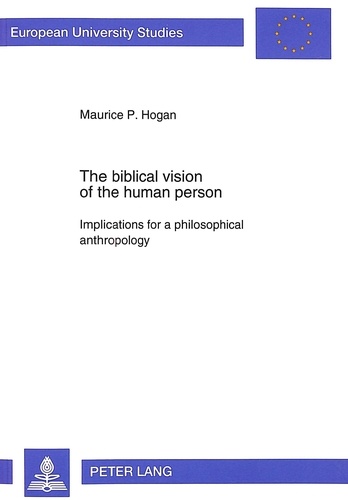
Philosophie
The Biblical Vision of the Human Person
02/1994
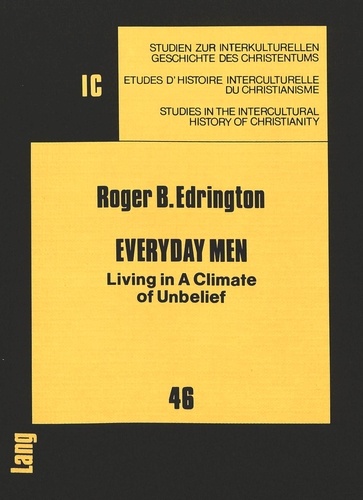
Religion
Everyday Men
08/1987
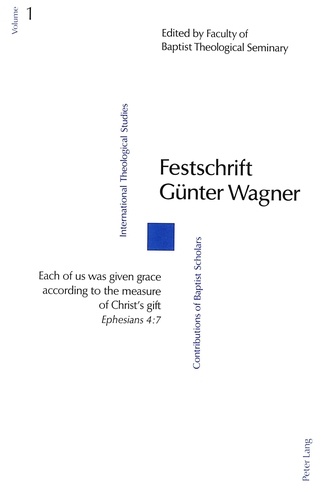
Religion
Festschrift Günter Wagner
05/1994


